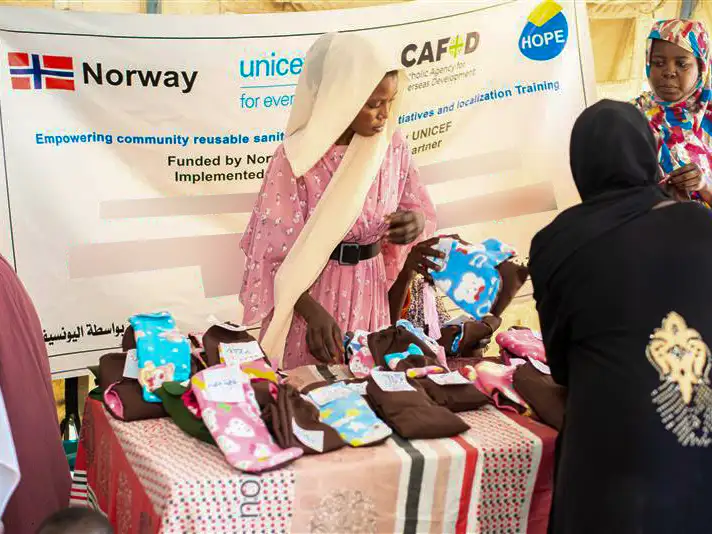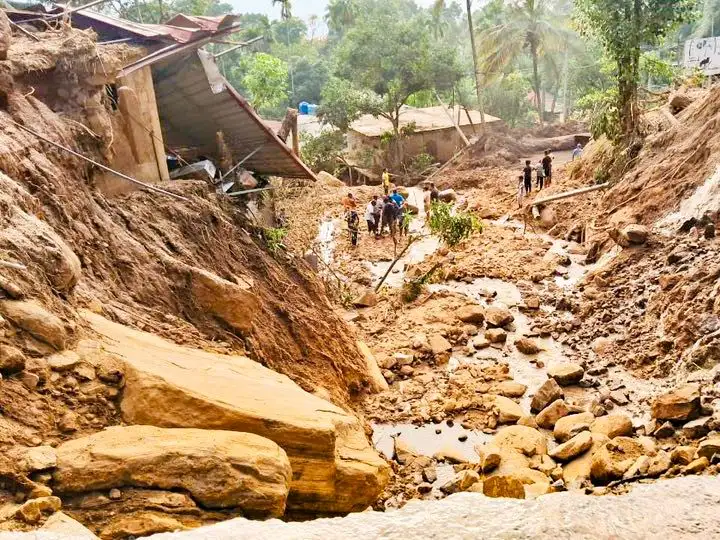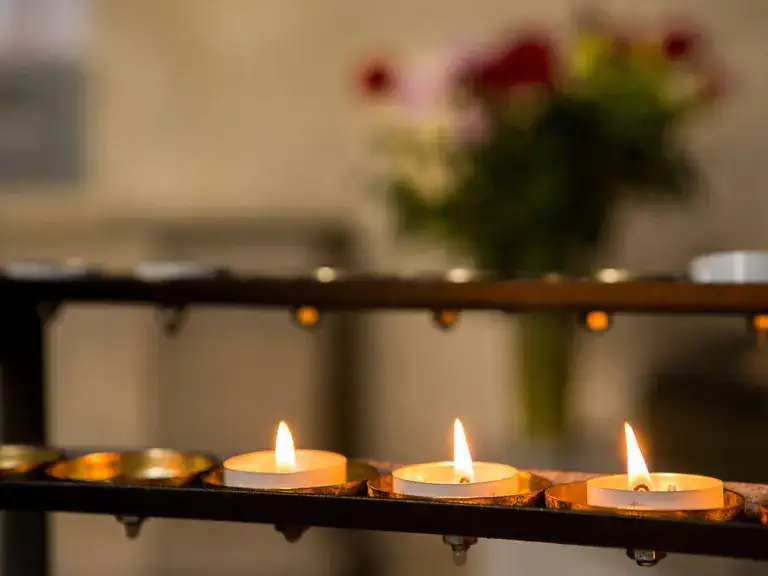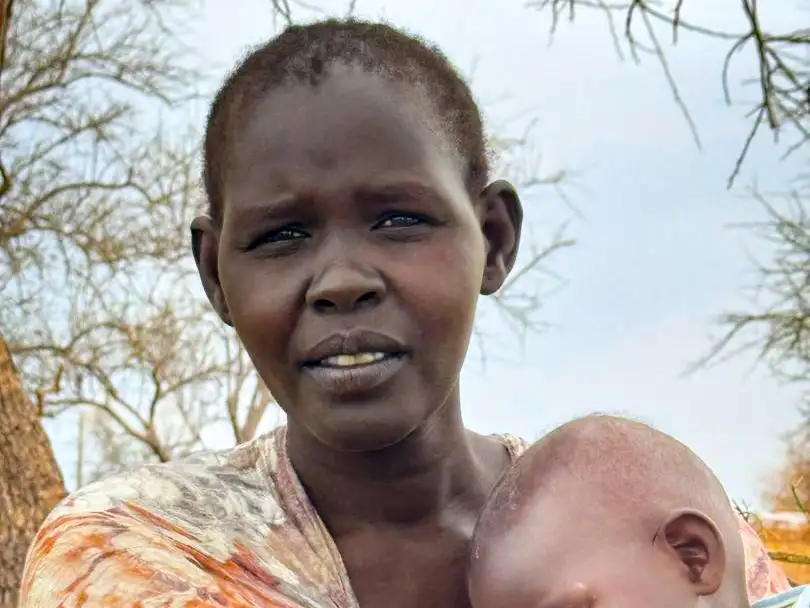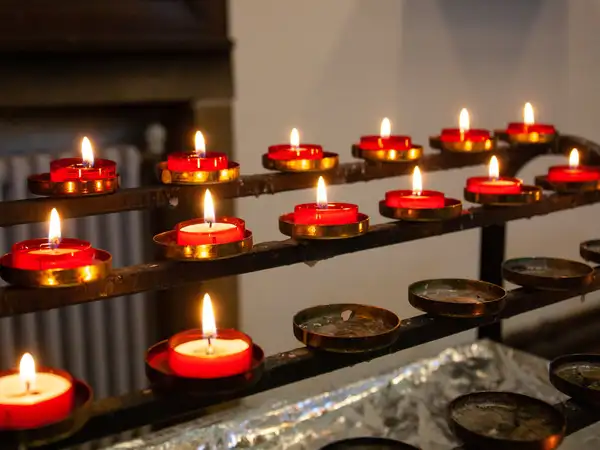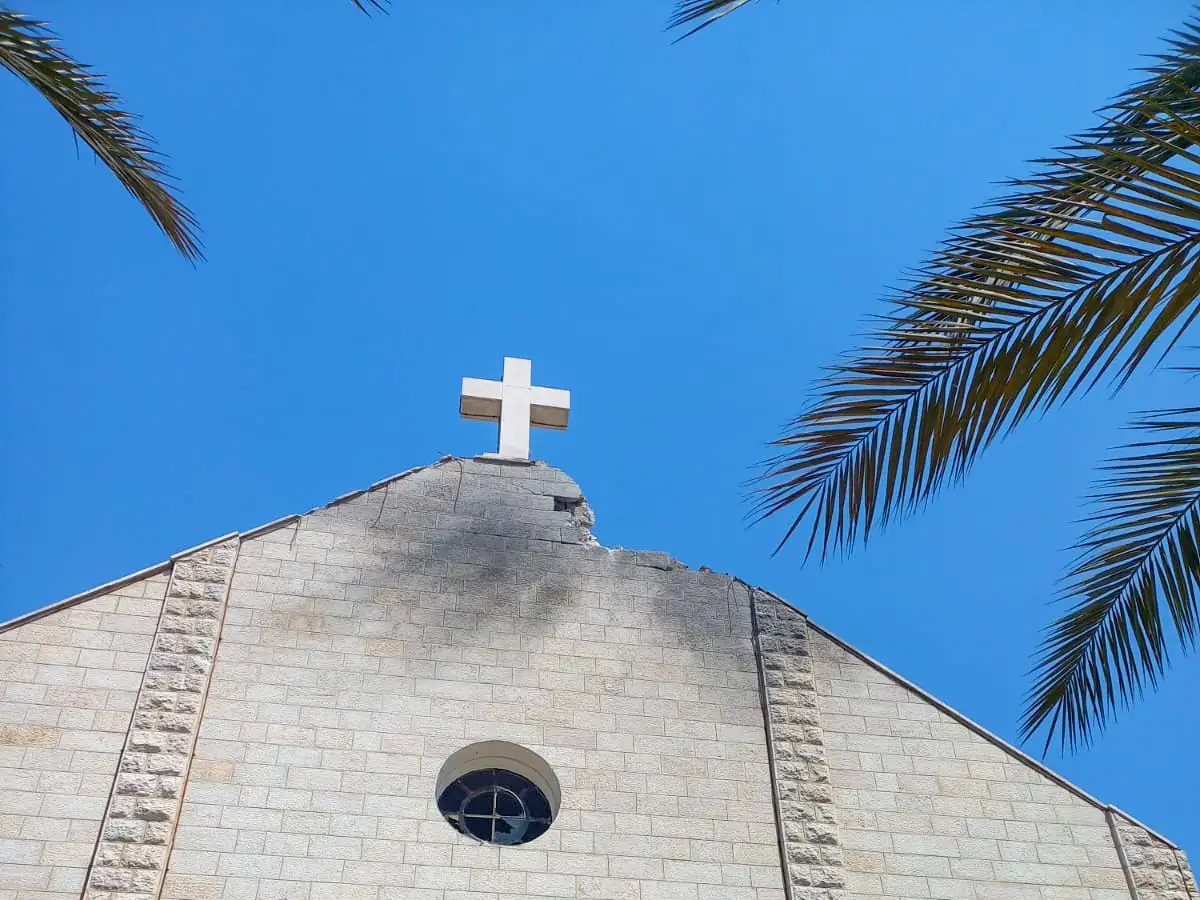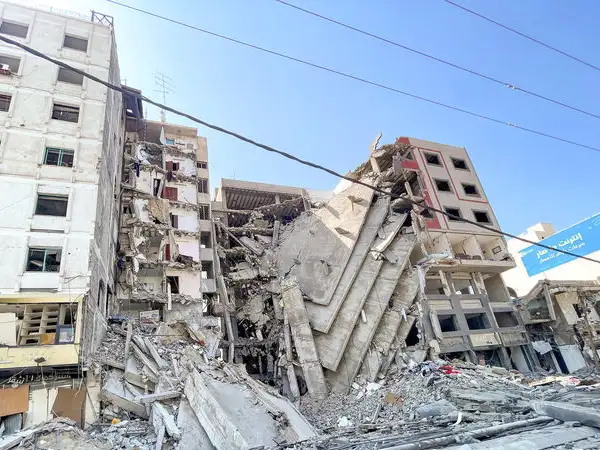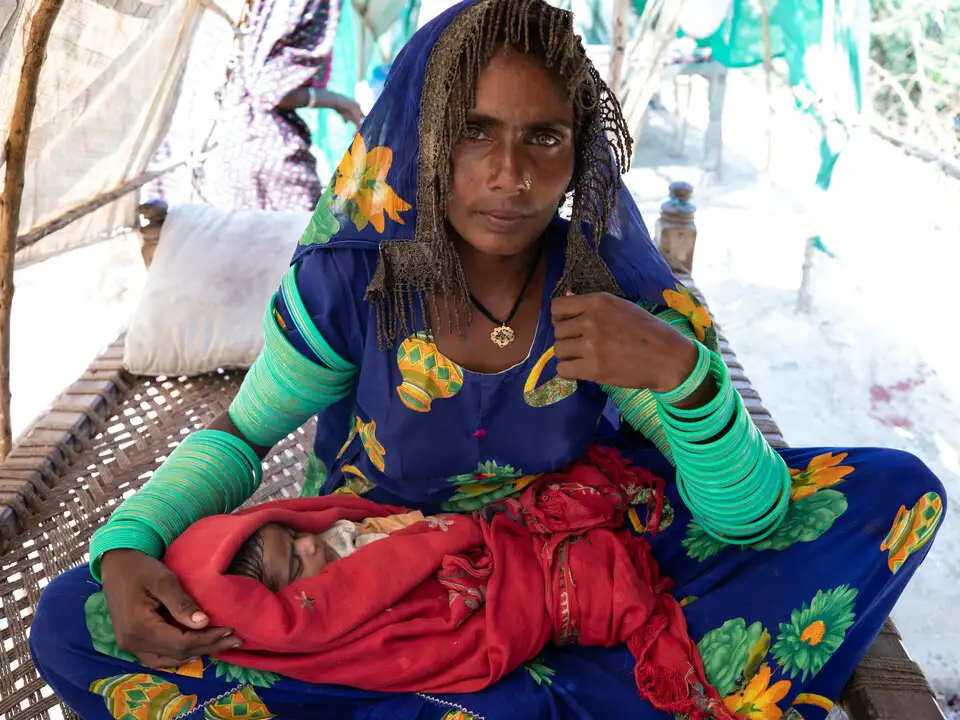
It’s been one year since terrible floods hit Pakistan, killing thousands of people and leaving millions more homeless. Families needed essentials like healthcare, food, water and shelter. Many are still facing the challenges caused by the floods today.
Many people had to sleep, especially in the first few weeks [and] months after the floods, in very precarious conditions in … tent[s]. They slept in the cold at night and respiratory infections became a real health issue for the population affected.
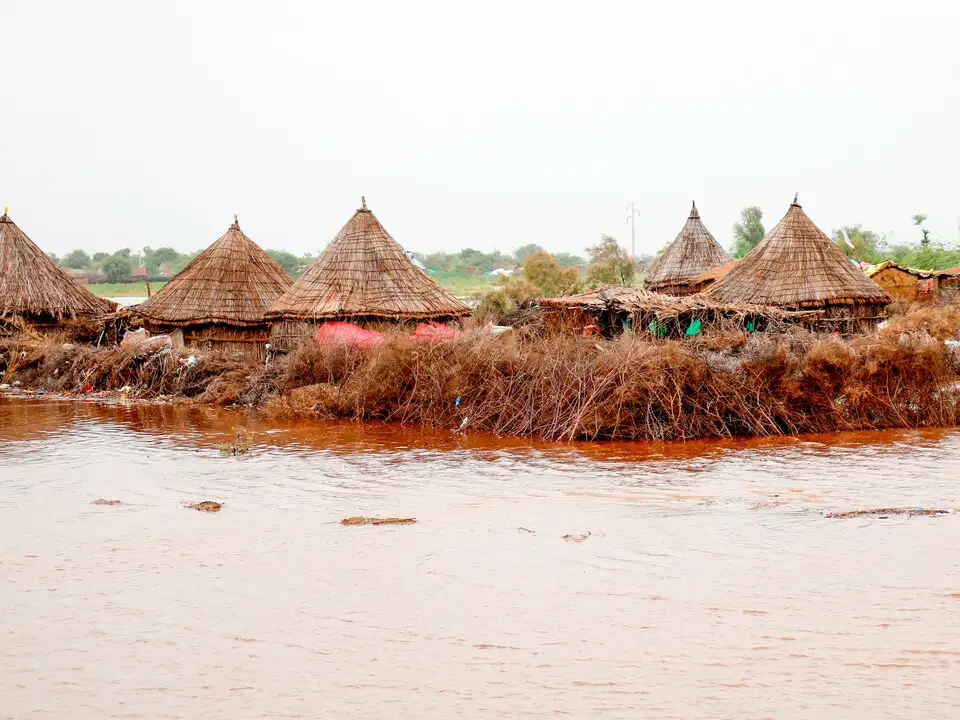
The crisis in Pakistan is far from over. The latest monsoon rains have caused flooding in the same vulnerable communities that were already recovering from last year’s floods.
With your donations, we can continue to support families who have lost everything to the floods through doctors and aid workers based in Pakistan.
With your help, these hardworking local experts have been supporting communities battling hunger and illness in these harsh conditions by providing clean drinking water, food, shelter, emergency medical treatment and cash.
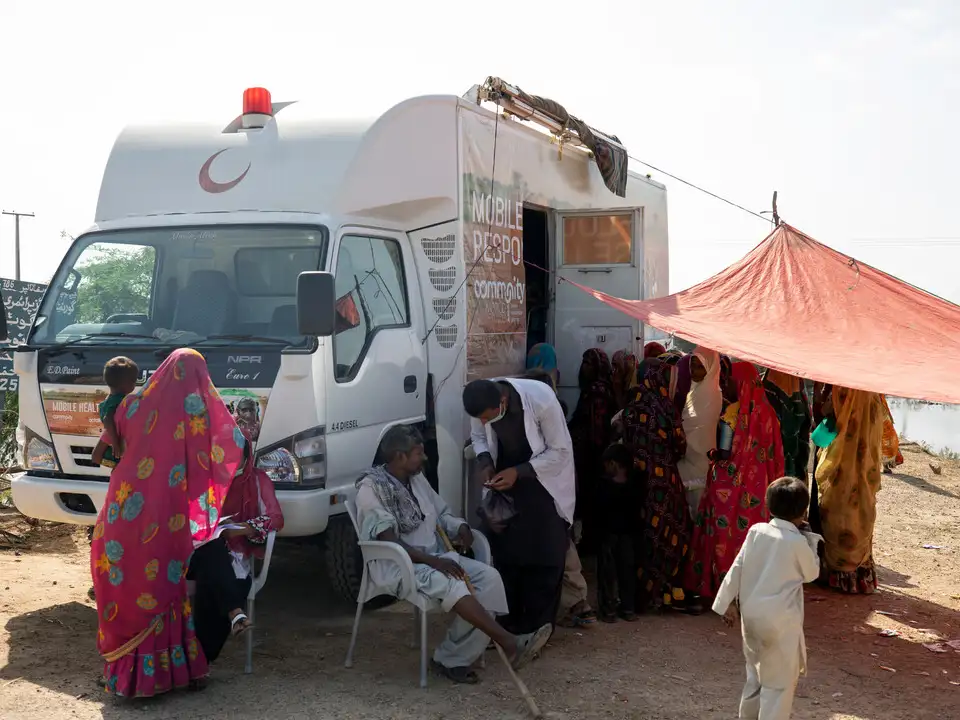

Mobile health units offer flood-related care and essential health services to the most affected communities.
Road to recovery: Mobile health units
With your help, we were able to establish two mobile health units to provide care for conditions directly caused by the floods. They have also been providing wider health services to communities, focusing on the most vulnerable; women, children, the elderly, and people with disabilities.
During the first eight or nine months of the project, a total of at least 95,000 patients have been seen by a medical doctor and received treatment.
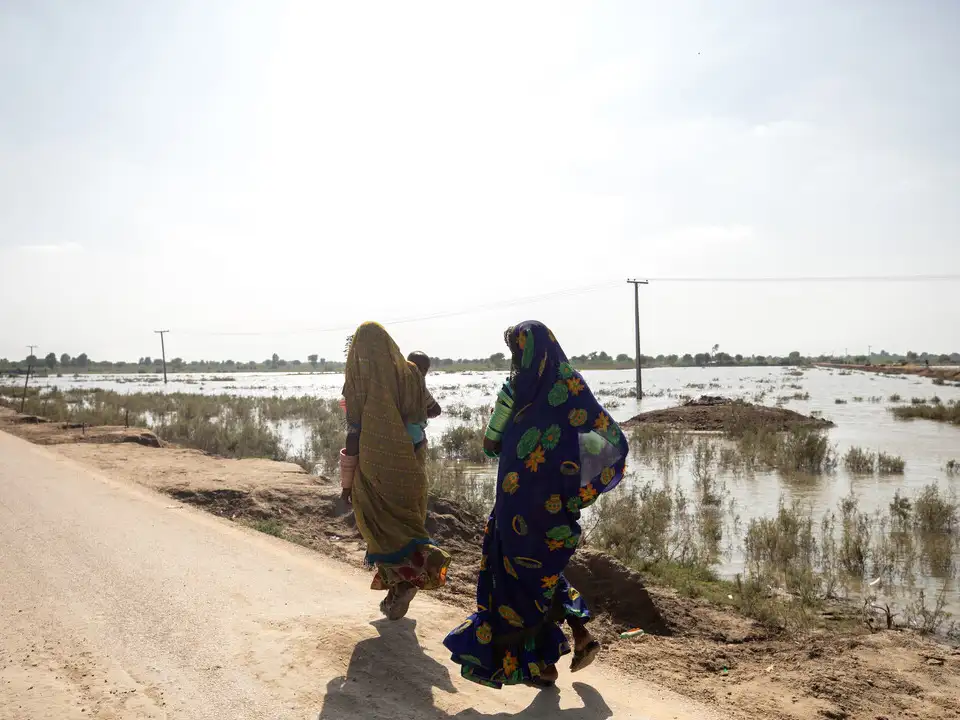

Vital cash assistance has supported flood-affected families in rebuilding their lives with dignity.
Cash for families: Urgent, flexible help
We have also provided cash assistance to over 2,500 families who are struggling to find food . These families each received cash support to help them face the immediate pressures of losing their homes and to help them rebuild their livelihoods. Cash assistance offer families more flexibility to purchase items they need the most.
People can purchase what they need most … it's a very dignified form of assistance.
Hope and help globally
Your support will reach beyond Pakistan to our sisters and brothers around the world – it will help us to share hope with vulnerable families globally by providing them with the practical help they need.
Sierra Leone
At Lent in 2022, we met Amie and Lombeh, who had received life-saving care from Sister Anthonia’s clinic in rural Sierra Leone. Baby Lombeh was suffering from malnutrition when Amie took her to the Handmaid Sisters clinic for treatment and years later, Lombeh is a strong and active little girl.
El Salvador
During the civil war in El Salvador, the community of Guarjila was cut off from the rest of the country. To receive essential healthcare, the villagers decided to set up their own clinic. You continue to support this clinic so it can offer specialist care, particularly for mums and babies.
“Here, you receive support. Here, they take care of you even for small things.” Lurvin, who lives locally to the clinic and received healthcare during her pregnancy


